9 Healthy Things That Happen to Your Body When You Stop Drinking for 30 Days or More
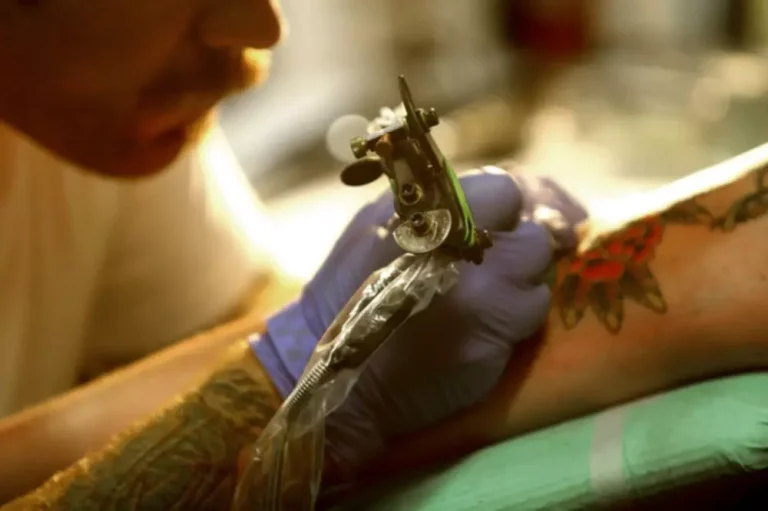
This process temporarily restores homeostasis, or chemical balance, in an effort to counteract the impact of long-term alcohol use on the brain. Along with anxiety and irritability, you may also experience https://ecosoberhouse.com/ mood swings when you give up alcohol. For those with alcohol misuse and dependence, the conditions are connected to chronic sleep disturbance, lower slow-wave sleep, and more rapid eye movement.
You’ll Get Sick Less
- From month-long sobriety challenges to the Sober Curious movement, more and more people are taking a closer look at the role alcohol plays in their lives.
- It’s also important to note that delirium tremens can be life-threatening.
- It’s important to remember that setbacks don’t erase progress, and to re-engage with your support systems in order to combat complacency.
- Your CNS must work harder to overcome the depressant effects of alcohol to keep your body functioning.
- So, while we can metabolize around a unit of alcohol an hour, if you drink a lot, everyday, your body has to rid your system of those toxins.
In addition to improving your mental well-being, it may lower your risk for some mental illness and contribute to better sleep. Alcohol can also trigger the release of chemicals called endorphins and raise levels of the “feel good” hormone dopamine. This can make you feel energetic and even extremely happy (euphoric) shortly after you drink alcohol, but the effects don’t last. Cognitive, emotional, and sleep disturbances can occur at even moderate levels of drinking.

Serious Short-Term Symptoms
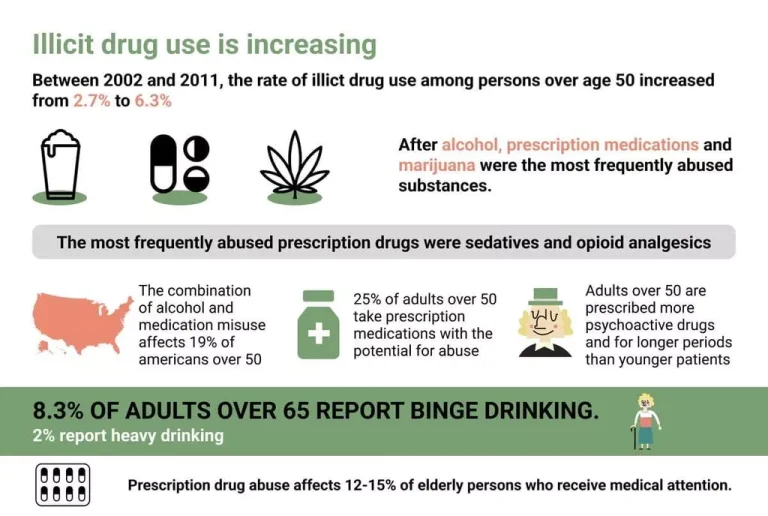
Many alcoholic beverages are high in sugar, and your body is still in recovery mode. While turning to sugar instead of alcohol is okay in the short term for most, you should work with your physician and therapist to identify healthier ways to cope what happens when you stop drinking alcohol with cravings. By the start of three weeks without alcohol, it’s likely you’ll have developed new ways to fill the time you once spent drinking. Maybe you’ve picked up a new workout routine, daily journaling practice, or started a new podcast.
Common Alcohol Withdrawal Symptoms
Post acute withdrawal symptoms can persist on and off for weeks or even months. While everyone’s timeline is different, many people start to feel the benefits of sobriety more fully with two weeks down. If this is enough motivation to take you into week 3, that’s great. If you’re feeling like you can use some encouragement heading into the second half of the month, you’re not alone.
Risk factors
All the same, “a quick drink” often turns into three or four drinks. When you’re having a good time, you find it hard to stop, especially in the company of friends having the same amount. They think it has something to do with how fast or slow your brain adapts during recovery. Sometimes called alcoholic hallucinosis, these can show up within 12 to 24 hours after you quit. Tell your doctor if you see, hear, or feel things that aren’t there.
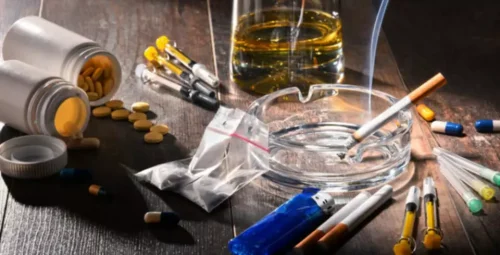
Risks and Complications
If physical symptoms last beyond seven days, they will generally be over sometime in the middle of week two. After the intense physical strain of withdrawal, people will often be fatigued. Non-physical symptoms, like cravings and desire for the comfort alcohol provides, may become more noticeable as the distraction of physical symptoms subsides.
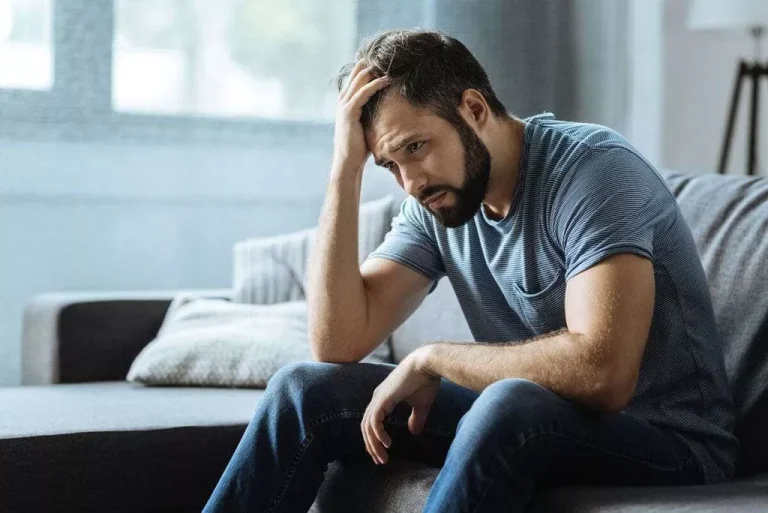
Week three to four: Better skin, reduced anxiety, improved mood
But if you quit, your brain seems to be able to regain some of these abilities. Your healthcare provider will recommend and encourage treatment for alcohol use disorder. For mild alcohol withdrawal that’s not at risk of worsening, your provider may prescribe carbamazepine or gabapentin to help with symptoms. If you see yourself in the description of the Four C’s or the behaviors connected to personality metamorphosis, talk to someone.
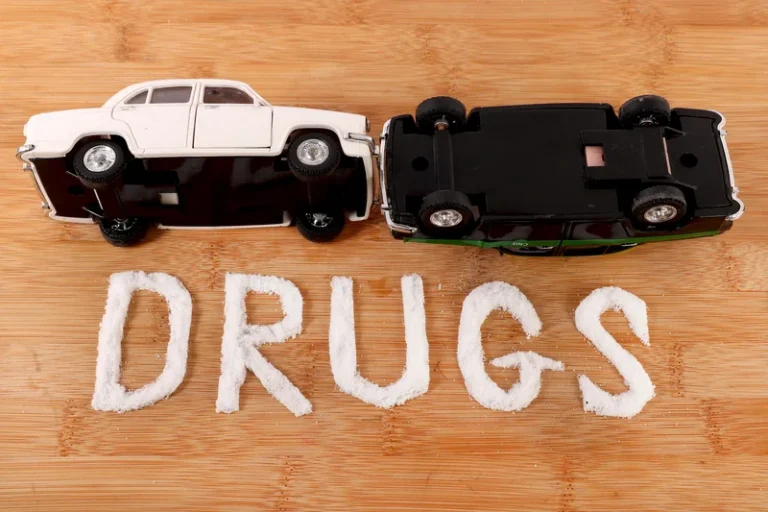
What Are the First 24 Hours Without Alcohol Like?
However, when alcohol makes up part of your typical routine, drinking can become something of an automatic response, especially when you feel stressed or overwhelmed. Turner notes the importance of bringing along a trusted support person when attending events that involve alcohol. It’s often easier to turn down a drink when you don’t have to do it alone.
Healthier Liver Function
Sunnyside uses a psychology-based approach to help you drink more mindfully, no matter what your goal is. You’ll get a 100% custom plan, then daily texts to track your progress and help you stay on target. You’ll get a 100% custom plan, then use daily texts to track your progress and help you stay on target. The CDC considers a standard drink as 0.6 ounces of pure alcohol—or roughly 12 ounces of beer, 5 ounces of wine or 8 ounces of malt liquor. By Buddy TBuddy T is a writer and founding member of the Online Al-Anon Outreach Committee with decades of experience writing about alcoholism. Because he is a member of a support group that stresses the importance of anonymity at the public level, he does not use his photograph or his real name on this website.
According to Volpicelli, the cognitive changes people can have from drinking—like memory trouble, slowed reaction time, difficulty controlling behavior, and poor concentration—get worse over time. There are certain brain chemicals called excitatory neurotransmitters that will stop doing their job when you drink, which can make you feel sleepy and sedated. One of the unexpected benefits of giving up alcohol is that you may find yourself more productive than before. This is because alcohol can cause fatigue and decreased motivation, so when you stop drinking, you may find it easier to get things done.